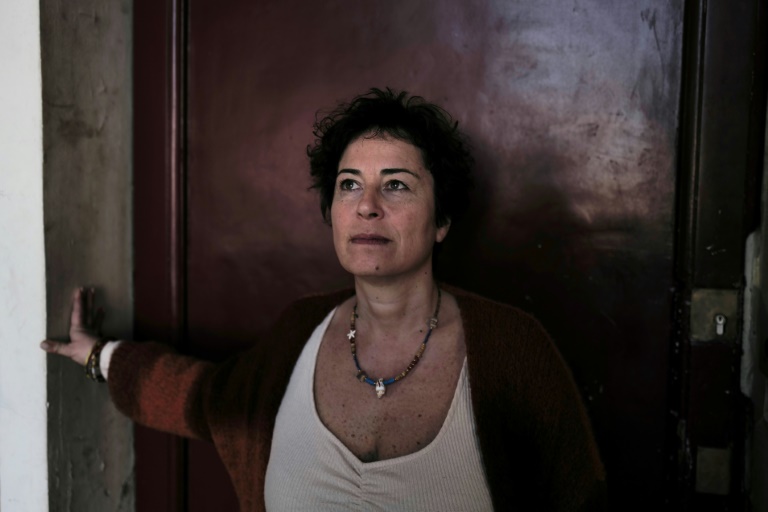The political tango between Canadian Prime Minister Justin Trudeau and Sikh politician Jagmeet Singh has its own role to play in the ongoing spar between Canada and India over the killing of Sikh separatist Hardeep Singh Nijjar.
The emergence of Singh — the leader of the New Democratic Party (NDP) and a Khalistani sympathizer — as a kingmaker is the reason behind the Trudeau government still being in power. When Trudeau’s Liberal Party didn’t win a majority in the 2021 election, the former had brokered a deal with Singh to form a government with the support of the NDP.
This raises questions about the influence of domestic politics and the pandering to the diaspora vote bank that may have led to Trudeau entering a diplomatic war with India.
“Jagmeet Singh is the leader of the third largest party in Canada, New Democratic Party (NDP). His vital support to the minority government of Prime Minister Justin Trudeau in 2021 election makes him and his party instrumental for the Liberal Party to stay in power,” Abhishek Verma, Research Analyst for Indian think tank, Manohar Parrikar Institute for Defence Studies & Analyses (MP-IDSA), told International Business Times.
“In 2021 election, NDP won 25 seats and emerged as a kingmaker because Liberal Party was well short of majority. This political scenario effectively put Trudeau government at Jagmeet’s mercy.”
India has been watching the rise of Singh in Canadian politics not only because the Indian-origin Sikh was the first non-white politician to head a major political party in the North American country, but also because of his pro-Khalistan sentiments.
Soon after Trudeau’s explosive allegations about India’s hand in Nijjar’s killing, Singh said he will leave no stone unturned in attaining justice for Nijjar, and will even hold Indian Prime Minister Narendra Modi accountable.
Today we learned of allegations that agents of the Indian Government murdered Hardeep Singh Nijjar — a Canadian killed on Canadian soil.
To all Canadians, this is my vow.
I will leave no stone unturned in the pursuit of justice, including holding Narendra Modi accountable.
— Jagmeet Singh (@theJagmeetSingh) September 18, 2023
The NPD leader also echoed Trudeau’s claims, and said Tuesday that he received an intelligence briefing about “clear evidence” of India’s involvement in Nijjar’s killing.
“The briefings were of the nature where I can confirm what the prime minister has shared publicly, that there is clear intelligence that Canada has that that lays out the following case: that a Canadian citizen was killed on Canadian soil and a foreign government was involved … That intelligence is something that I think is very credible,” Singh said.
From India’s perspective, Canada has offered fertile ground for pro-Khalistan sentiments to fester. The Khalistan movement — an anti-India campaign that demands a separate independent Sikh homeland to be carved out of India’s Punjab — is now more prominent among the Sikh Diaspora in Britain, the U.S. and Canada, rather than in the Indian state itself.
New Delhi has repeatedly asked Ottawa to take measures to quell the activities of pro-Khalistan groups, which have not only been vocal but also sometimes violent about their advocacy for secession from India.
On different occasions over the past year, separatists in Canada have held protests outside Indian missions and consulates, defaced a statue of Mahatma Gandhi in Ontario that was gifted by the Indian government, and also paraded a float that celebrated the assassination of former Indian Prime Minister Indira Gandhi.
The Trudeau government has said it does not support the revival of the Khalistan movement in India, but has taken no robust action to stop the extremist activities. Khalistan groups can freely organize support and incite anti-India sentiments in Canada, where free speech and expression are their immunity.
“What is currently happening in Canada demonstrates unmistakable support from the state for Khalistan factions. These factions are increasingly aligned with Canadian politics, a shift that was previously less overt but is now out in the open,” Vivek Mishra, a fellow with Observer Research Foundation’s Strategic Studies Program, told IBT.
“Evidently, the Trudeau government is reluctant to take any corrective actions and continues to publicly align itself against India to solidify its political alliance with the NDP led by Jagmeet Singh. My concern is that failure to promptly address these issues through domestic measures could soon cast a shadow over bilateral economic relations and other aspects of the diplomatic relationship,” Mishra added.
Trudeau’s pandering to diaspora vote bank politics is seen by some as his attempt to rebound as his popularity diminishes.
A former foreign policy advisor in Trudeau’s government, Omer Aziz, said Trudeau has a fear of losing “the Sikh vote to Jagmeet Singh” and may also be making attempts to win Canada’s sizable Sikh community over.
“We don’t know whether Jagmeet Singh will pull Trudeau’s strings in any way but as it appears, there might be some political influence as the seat-sharing arrangement in present Canadian government stands,” Verma said.
Singh may also seize the opportunity for a personal win and make a renewed pitch for his own party.
“Justin Trudeau and Pierre Poilievre aren’t interested in change — their corporate donors won’t allow it,” he wrote in a Tuesday tweet. “I’m not backed by billionaires – I’m fighting for you.”
At the moment, the world waits to see the outcome of the investigation into Nijjar’s murder and what evidence Trudeau can provide to back his allegations against India.

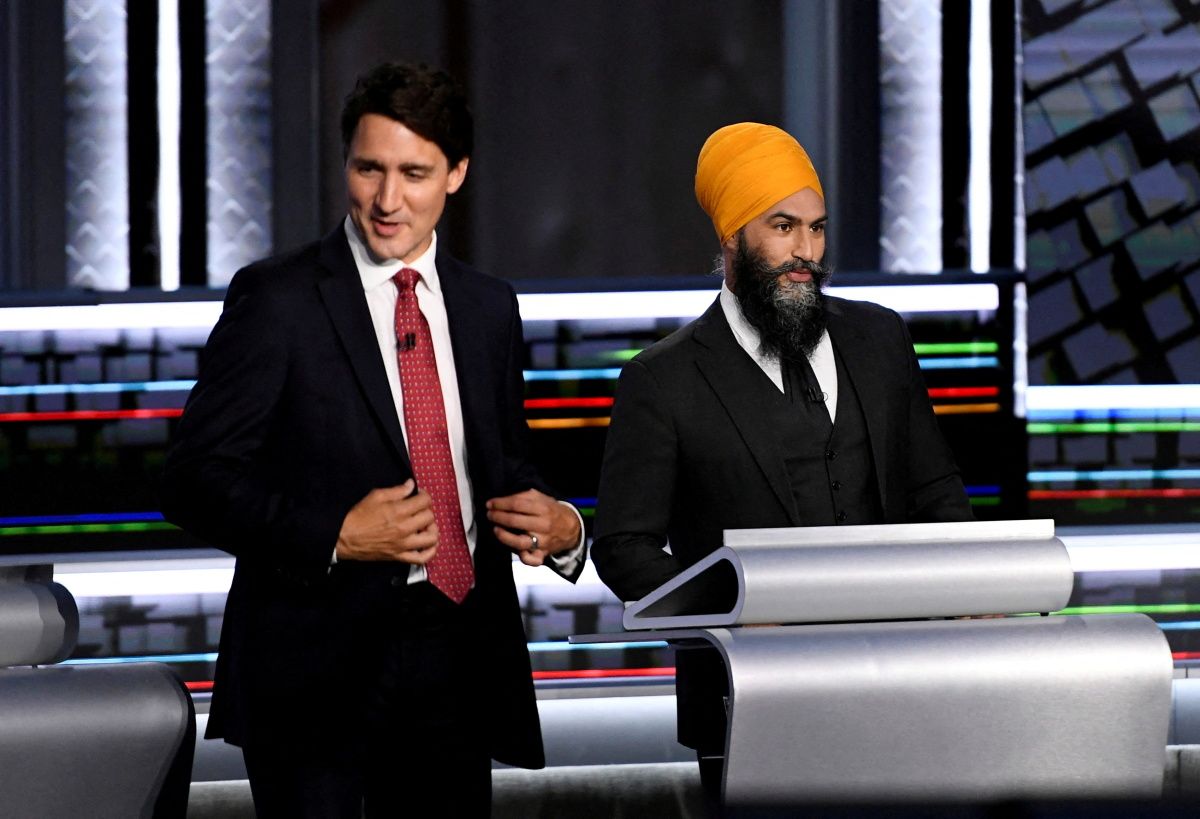
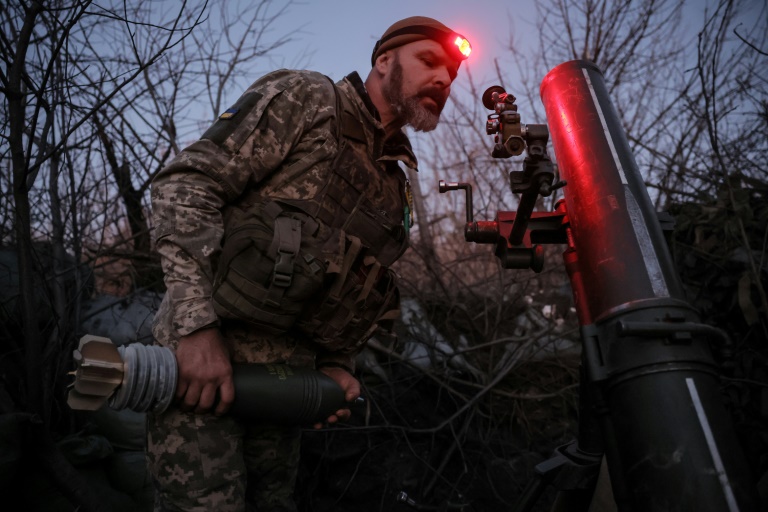

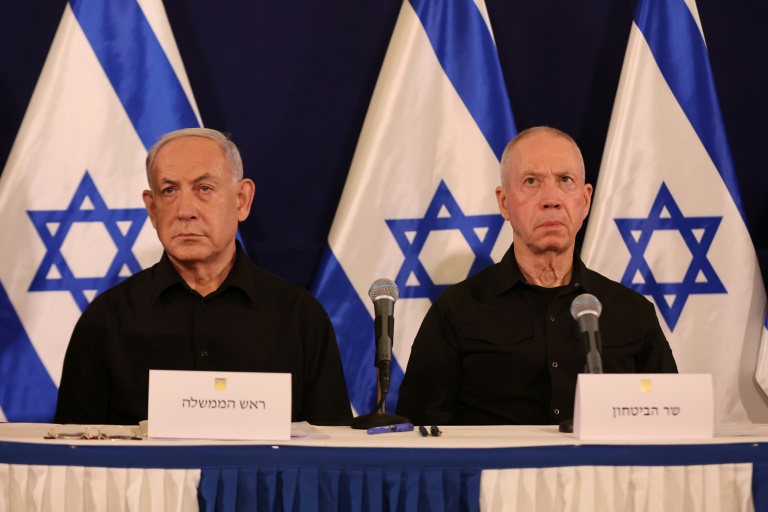
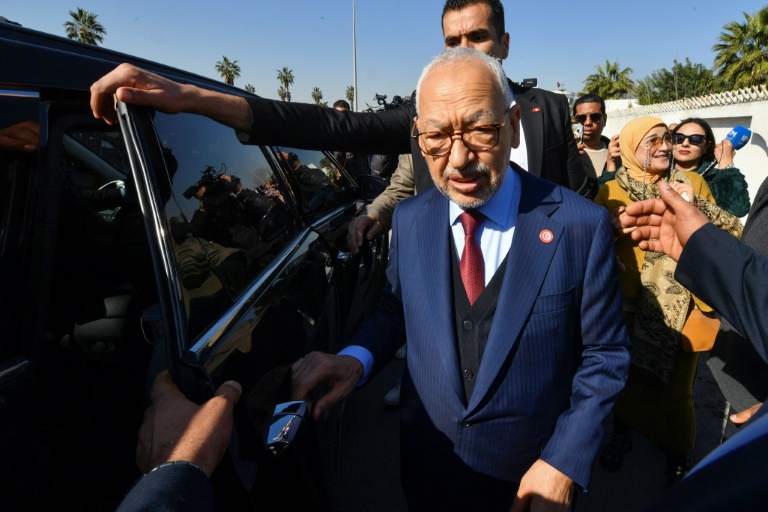
![Twin explosions rock Pakistan: Over 57 dead on Prophet Muhammad’s birthday, no terror group has claimed responsibility so far [details]](https://data1.ibtimes.co.in/en/full/790302/pakistan-blast.png)
